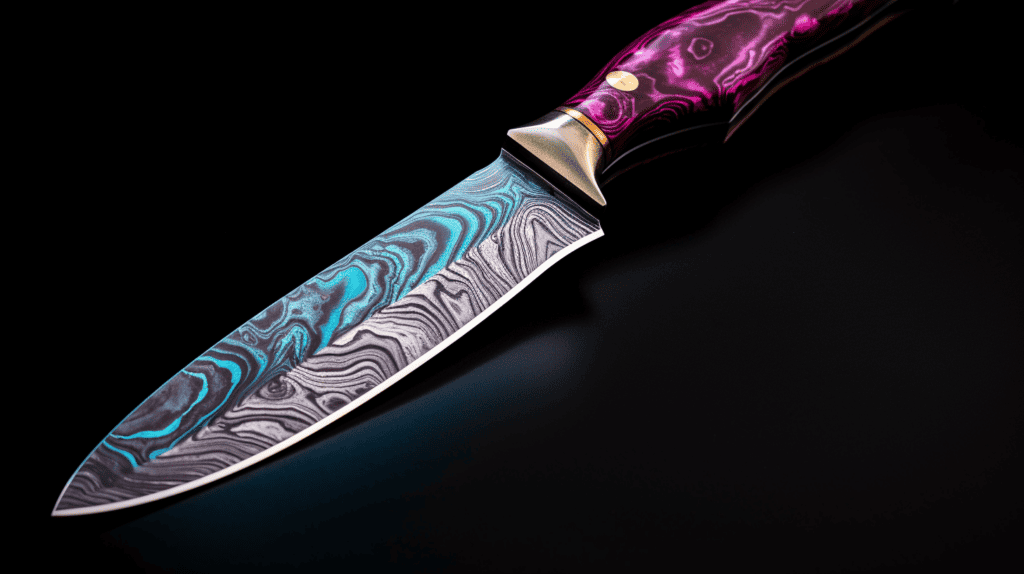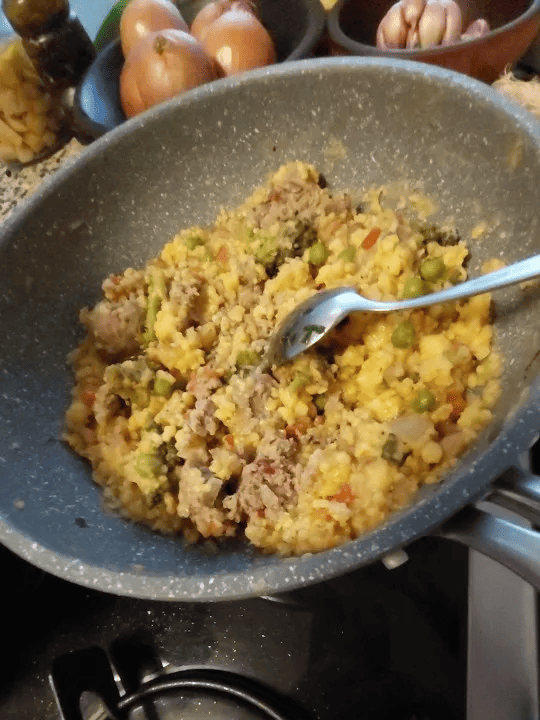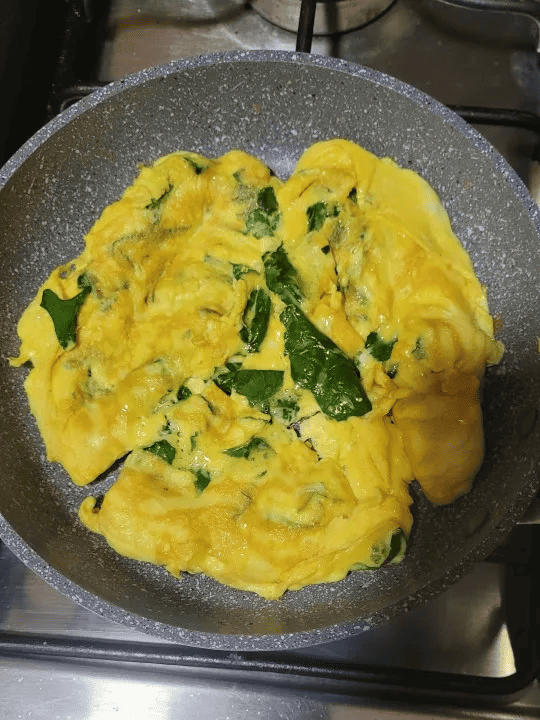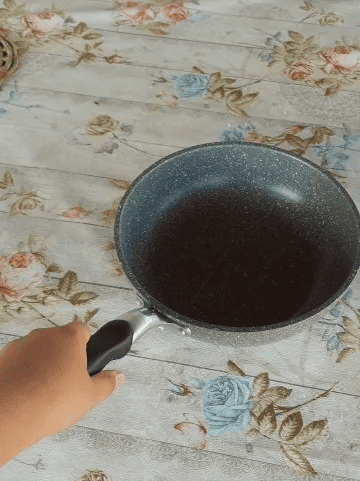
If you’re a knife enthusiast, you may have heard of the term “Damascus steel” thrown around. But what exactly is a Damascus knife?
A Damascus knife is a type of knife made from Damascus steel, which is known for its unique wavy pattern running through the blade. This pattern is created by forge-welding different types of steel together, resulting in a blade that is not only visually stunning but also durable and strong.
As a result, Damascus knives have become increasingly popular among chefs and knife collectors alike, as they offer both beauty and functionality. Whether you’re a professional chef or just someone who appreciates a well-crafted knife, a Damascus knife may be worth considering.
What is a Damascus Knife?
A Damascus knife is a type of knife made from Damascus steel, which is known for its unique wavy mottled pattern running through the blade. The process of creating these knives distinguishes them from other knives. Damascus steel is made by forge-welding different steel types together. The result is a blade with superior strength, durability, and sharpness.
Unlike other knives made from a single piece of steel, a Damascus knife may be comprised of multiple types of steel. One of the common types of steel used in making modern Damascus steel is stainless steel, which is known for its rust resistance. The combination of different types of steel creates a unique pattern on the blade that is not only visually appealing but also adds to the blade’s strength.
Damascus knives are popular among hunters, chefs, and collectors alike. The knives are versatile and can be used for a variety of tasks, including slicing, chopping, and dicing. The unique pattern on the blade also makes Damascus knives a popular choice for display and collection.
Making of a Damascus Knife
Materials Used
To make a Damascus knife, you will need to use different types of steel. One of the most common types is stainless steel, known for its rust resistance. Other types of steel may include high carbon steel, nickel, and iron. You will also need a forge, an anvil, a hammer, and a grinder. The materials used will depend on the design and pattern you want to achieve.
Process
The process of making a Damascus knife involves forge-welding different steel types together. Here are the steps:
- Preparing the steel: The steel is heated to a high temperature and then hammered into a flat shape. This process is repeated several times to remove any impurities and to create a uniform shape.
- Layering the steel: The steel is then cut into smaller pieces and layered on top of each other. The layers are then welded together using heat and pressure.
- Forging the steel: The layered steel is then heated and hammered together to create a solid piece of steel. This process is repeated several times to create a billet.
- Shaping the blade: The billet is then heated and shaped into a blade using a hammer and anvil. The blade is then ground to its final shape using a grinder.
Finishing
Once the blade is shaped, it is time to finish the Damascus knife. Here are the steps:
- Etching the blade: The blade is etched using an acid solution. This process creates the distinctive wavy mottled pattern running through the blade. The pattern is unique to each Damascus knife.
- Polishing the blade: The blade is then polished using different grits of sandpaper and a polishing wheel. This process gives the blade a smooth and shiny finish.
- Adding the handle: The handle is then added to the blade. The handle can be made from different materials such as wood, bone, or synthetic materials.
Characteristics of Damascus Knives
Damascus knives are unique and highly prized for their appearance, durability, and sharpness. Here are some of the key characteristics of Damascus knives:
Appearance
One of the most distinctive features of Damascus knives is their beautiful wavy pattern. This pattern is created through a process of layering and folding different types of steel together. The result is a blade that is not only functional but also a work of art. Damascus knives come in a wide range of patterns and designs, so you can choose one that suits your personal style.
Durability
Damascus knives are known for their durability. The layering and folding process used to create the blade makes it strong and resistant to damage. This means that your Damascus knife will last for many years, even with regular use. Additionally, the high-quality steel used in Damascus knives is resistant to rust and corrosion, so you don’t have to worry about your knife deteriorating over time.
Sharpness
Another key characteristic of Damascus knives is their sharpness. Damascus blades are incredibly sharp and can maintain their edge for a long time. This means that you can use your knife to cut through even the toughest materials with ease. Additionally, the sharpness of a Damascus knife makes it safer to use, as you don’t have to apply as much pressure to make a cut.
Uses of Damascus Knives
A Damascus knife is a versatile tool that can be used for a wide range of tasks. Here are some common uses of Damascus knives:
Kitchen Use
One of the most popular uses of Damascus knives is in the kitchen. These knives are ideal for slicing, chopping, and dicing fruits, vegetables, and meats. The sharp blade and sturdy construction make it easy to handle even the toughest ingredients.
Hunting and Camping
Damascus knives are also popular among hunters and campers. They are perfect for skinning and cleaning game, as well as chopping wood and other outdoor tasks. The sharp blade and durable construction make it a reliable tool for any outdoor adventure.
Collecting
Many people collect Damascus knives for their unique and beautiful patterns. These knives can be displayed as works of art or used as conversation pieces. The intricate patterns and high-quality construction make them a valuable addition to any collection.
Everyday Use
Finally, Damascus knives can also be used for everyday tasks such as opening packages, cutting rope, and other household chores. The sharp blade and sturdy construction make it a reliable tool for any task.
Maintenance of Damascus Knives
Taking care of your Damascus knife is crucial to ensuring its longevity and performance. Here are some tips to help you maintain your Damascus knife:
Cleaning
After each use, clean your Damascus knife by hand with warm water and mild soap. Avoid using harsh chemicals or abrasive sponges that can damage the blade. Dry the knife thoroughly with a clean cloth before storing it.
Oiling
To prevent rust and corrosion, it is important to oil your Damascus knife regularly. Apply a thin layer of food-grade oil, such as mineral oil, to the blade and handle. This will help protect the knife from moisture and keep the blade rust-free.
Storage
When storing your Damascus knife, it is important to protect the blade from damage. Store it in a knife block or on a magnetic strip to keep it safe and secure. Avoid storing your knife in a damp or humid environment, as this can cause rust to develop on the blade.
Sharpening
To maintain the sharpness of your Damascus knife, it is important to sharpen it regularly. Use a sharpening stone or honing rod to sharpen the blade. Be sure to maintain the original angle of the blade when sharpening it to avoid damaging the blade.
Conclusion
In conclusion, a Damascus knife is a unique and visually appealing knife that is made by layering different types of steel and forging them together. The process of creating these knives distinguishes them from other knives, and they have a wavy mottled pattern running through the blade.
One of the advantages of a Damascus knife is its durability and strength. The layering of different types of steel makes the blade harder and more resistant to damage. Additionally, the pattern on the blade provides a non-stick surface that helps prevent food from sticking to the blade.
It is important to note that not all Damascus knives are created equal. The quality of the steel used and the skill of the craftsman can greatly affect the performance and durability of the knife. When purchasing a Damascus knife, it is important to do your research and choose a reputable brand or craftsman.
Frequently Asked Questions
What is the history of Damascus steel?
Damascus steel has been around for over 2000 years. The technique for making it was originally developed in India and later spread to the Middle East. The steel was prized for its strength and durability, and was used to make weapons such as swords and knives.
What are the advantages of using a Damascus knife?
Damascus knives are known for their sharpness and durability. They are also aesthetically pleasing, with their distinctive wavy pattern. The layers of steel used to make the knife also help to prevent rust and corrosion.
How is a Damascus knife made?
A Damascus knife is made by layering different types of steel together and then forging them into a single piece. The layers of steel create the distinctive wavy pattern that is characteristic of Damascus steel.
What are the differences between a Damascus pocket knife and a Damascus chef knife?
The main difference between a Damascus pocket knife and a Damascus chef knife is their size and shape. A pocket knife is smaller and more compact, while a chef knife is larger and designed for use in the kitchen. The blade of a chef knife is also typically wider and heavier than that of a pocket knife.
Are Damascus knives worth the investment?
Damascus knives can be expensive, but they are worth the investment for those who want a high-quality, durable knife that will last a long time. They are also aesthetically pleasing and can be a great addition to any collection.
What are the potential drawbacks of using a Damascus steel knife?
One potential drawback of using a Damascus steel knife is that it can be more difficult to sharpen than other types of knives. The layers of steel can also make the knife more brittle, which can lead to chipping or cracking if it is not cared for properly.



